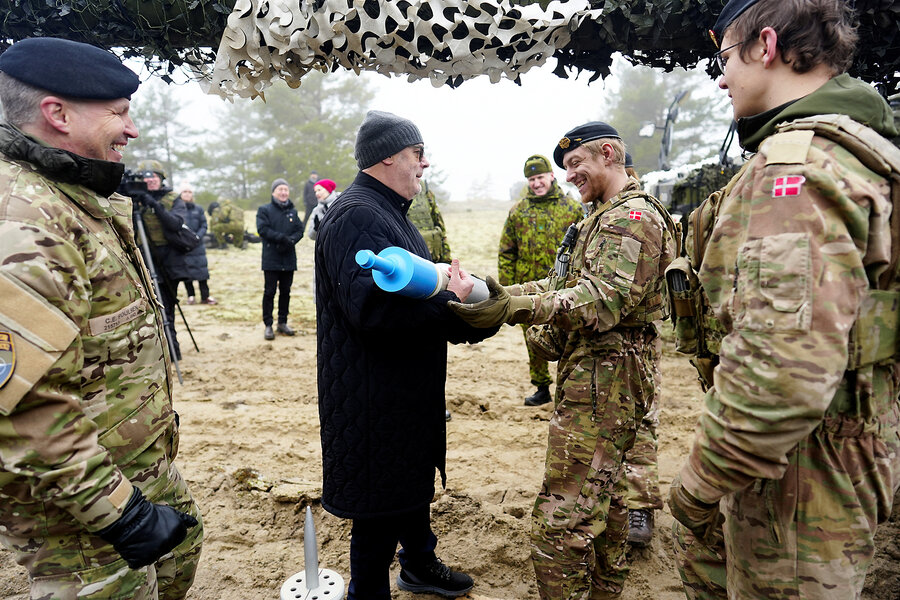NATO taught us a lesson. Have we learned it?
Loading...
What does Soile Hellsten know?
She knows that since Finland closed its border with Russia, she has lost money. In the days before the Ukraine war began, many of the customers at her cafe along the border were Russian. But the reduction in sales is a sacrifice worth making, she says. She accepts her struggles as the cost of better security for more people, including herself.
And what does Maj. Gen. Veiko-Vello Palm know?
He knows that one of former U.S. President Donald Trump's criticisms of NATO is correct. Some NATO nations are not meeting their obligations for spending on their own militaries. But funding self-sufficiency is a sacrifice worth making, says the commander of the Estonian Defence Forces. He and the Estonian people accept the need for a competent military as a cost of freedom.
The United States stands at an inflection point. Will it continue to engage in the world as it has in recent decades, or will it move toward greater isolationism?
The question is a centuries-old one. Periods of engagement and isolationism have waxed and waned. These swings of the pendulum are natural and, to some degree, inherent in human nature.
But this week's cover story is a reminder of something that should not be easily forgotten or undervalued: the power of caring for another.
NATO, which is now 75 years old, has succeeded not merely – or perhaps even primarily – because of its weapons. As staff writers Howard LaFranchi and Anna Mulrine Grobe explore, it has succeeded because of a vision of trust. Article 5, the commitment to respond as one to an attack on any, is a sacrifice. It is a commitment to value another nation as much as one's own, to some meaningful degree. To value the safety of someone distant from you as much as your own.
Tempered with ideals of freedom and fellowship, the alliance created the umbrella for an extraordinary era of peace and prosperity in Western Europe. When the Soviet Union fell, its former allies scrambled to join. This promise was powerfully magnetic.
Of course, alliances can go wrong, ramping up tensions and brinkmanship. Military might can lead to folly from Vietnam to Iraq. A desire for security can lead to neocolonialism in Latin America and beyond. But the enduring value of NATO, so expertly uncovered by Howard and Anna, is in the honest attempt to turn these things into an unselfish enterprise – to make them a bulwark of human progress. And that is impossible without genuine trust.
The value of NATO today can be debated. The value of those higher motives cannot. So, in a way, the real debate is not about how NATO should change to meet evolving threats. It is about how that trust should grow and evolve to meet the changing needs of today.
And one thing is certain. It will involve sacrifice. Without a desire to care for another as we would care for ourselves, trust is a sham.
Just ask Soile Hellsten and Maj. Gen. Veiko-Vello Palm. They know.








